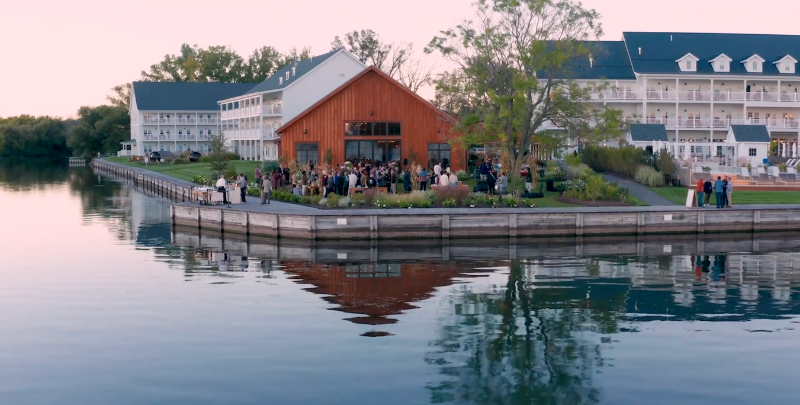LatestSee All
Destinations
Top Hotels in Toronto for Corporate Meetings and Events
January 13, 2026
Events
Why Associations Need More Intentionality in Events
January 12, 2026
Hospitality
What Planners Really Think: December PULSE Takeaways for Hotels
January 06, 2026
Destinations
Events
Venue Sourcing
This NY hotel just increased your commission
January 02, 2026
Destinations
Events
Venue Sourcing
Hilton Hotel and Conference Center Reimagined
January 02, 2026
Recommended for you
Event Experience
Event Marketing
Hospitality
Step into the Spotlight at the 2025 Cvent Excellence Awards!
Hotels
Hospitality
Industry
Cvent Top Lists: Discover the Top Meeting Hotels of 2024
Event MarketingSee All
Best practices and tips on how to use events as part of your marketing strategy, promote your events to drive registration, and gather and analyze key attendee data.
Buyer InsightsSee All
Learn more about your planner customers so you can better grow and own your group business.
Customer Success
Buyer Insights
Voice of the Customer – Cvent Community
Hospitality
Buyer Insights
How Hotels Can Stay Prepared for Business
Hospitality
Buyer Insights
Reach Young Event Planners: 5 Amazing Examples
Venue SourcingSee All
Here you’ll find the best, fastest, and easiest venue sourcing methods to choose crowd-pleasing event spaces that won’t bust your budget.












